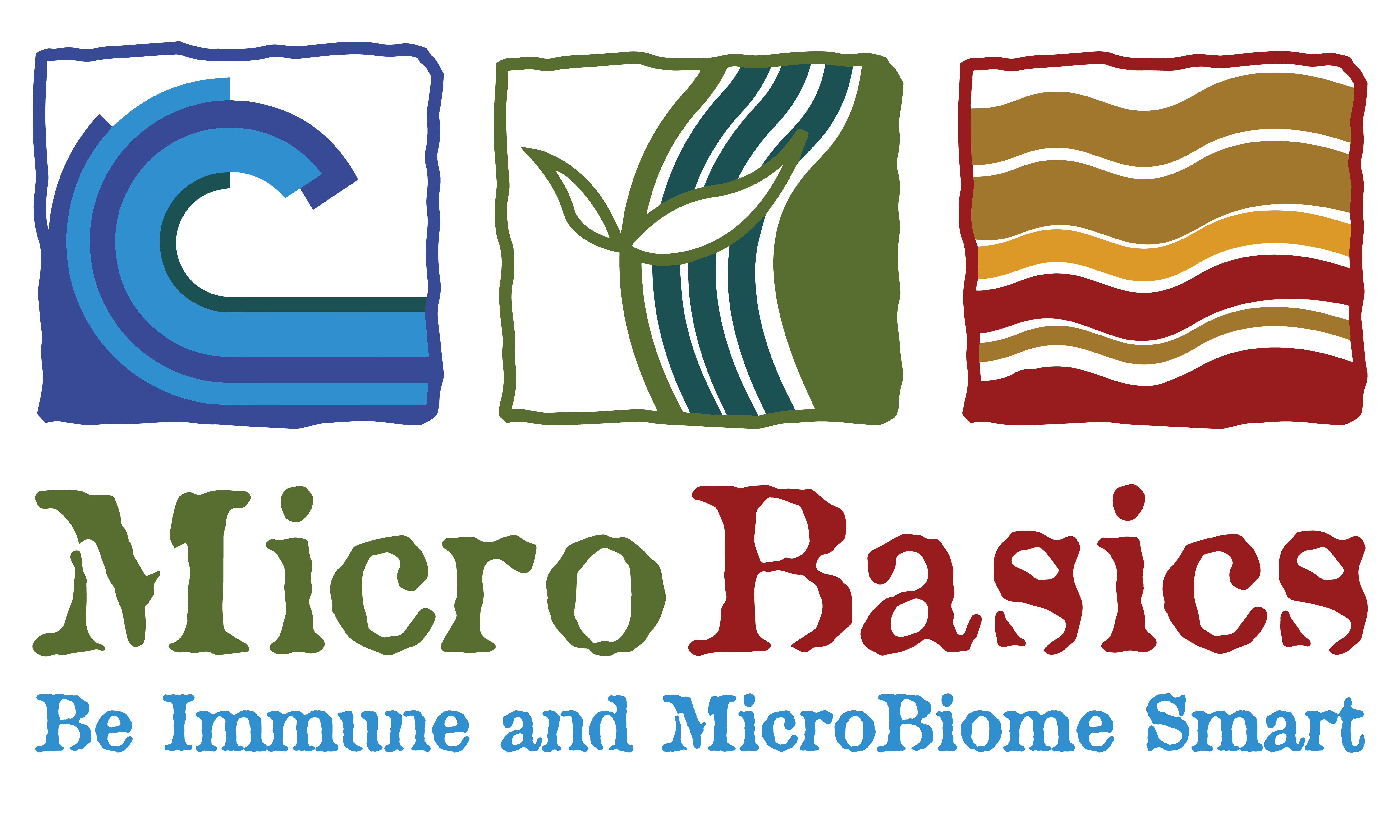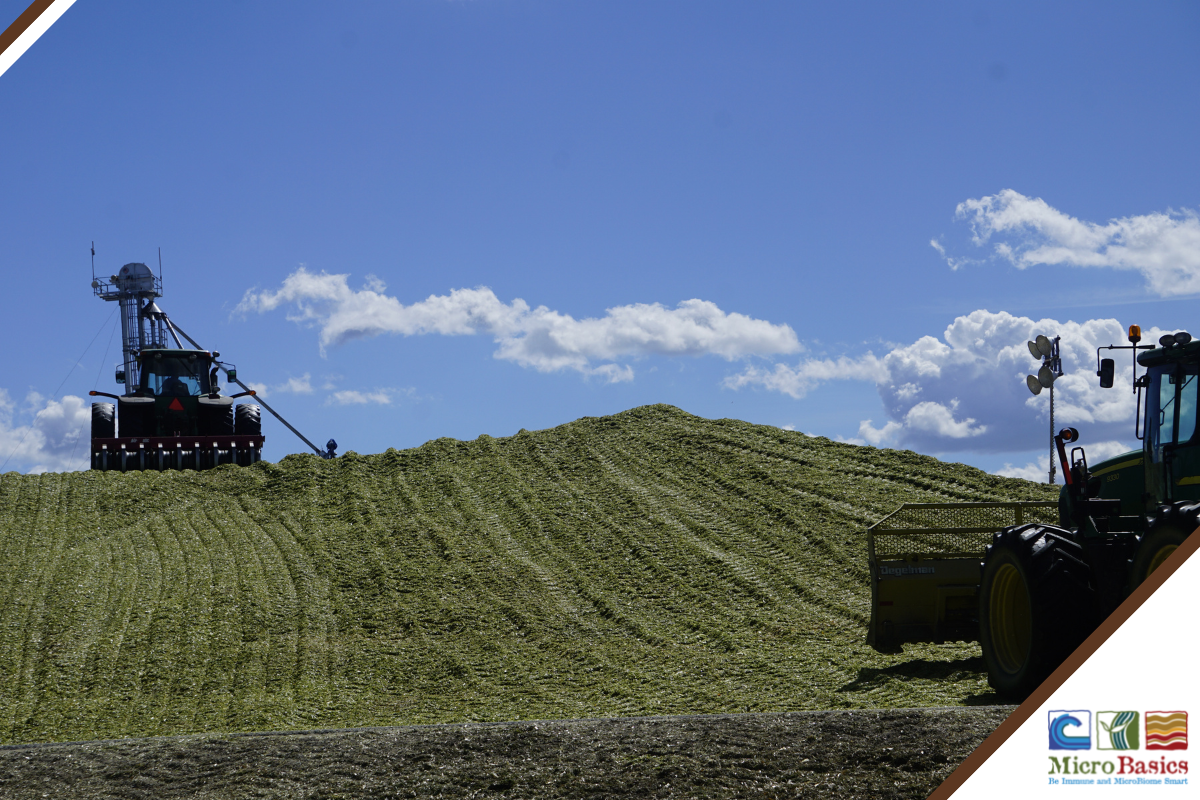Food safety is definitely something we think about when preparing food for humans, but do we take the same measures we would in preparing food for our animals as we would for ourselves?
Katie Raver from Rock River labs elaborates why feed hygiene practices are important for our livestock and how we can monitor them through analysis packages available at Rock River Labs.
Katie’s Background
Katie grew up in central rural Illinois and then attended the University of Illinois where she received a Bachelor’s degree in Animal Science. After being very involved in the dairy program there, she decided that was the direction she wanted to pursue in her career.
In between her Bachelor’s and Master’s programs Katie did an internship at Rock River Labs where she gained a passion for forage quality and feed in general. Which is what she focused on when she returned to the University of Illinois to get her Master’s degree.
Upon graduation Katie took a job in Texas with a feed company where she served as technical support. After 5.5 years she left that job to return to Rock River Labs in 2020.
What is Feed Safety or Feed Hygiene and why should we worry about it?
Most of us take a very reactive approach to feed safety and wait until there is a problem to start testing feed. Understanding the possible areas of contamination and the dynamic situation around feed safety is important to think about before we have hemorrhagic bowel syndrome or a lot of cattle with digestive upsets.
Traditionally we think one specific contaminant may be causing an issue, when really, often it is multifaceted and actually a combination of things that are causing the problem. Those things can be environmental, nutritional, or even a toxic contaminant. When we approach it as a whole and identify nutritional factors that can tie into gut health, when we look at those mycotoxins, and bacteria to put the whole picture together to get more of a complete idea of what factors can be contributing to an issue.
What kind of analysis can Rock River Labs provide us that will help us on farm as far as feed safety goes?
Typically, if there is an issue on farm and if you have a fairly good idea of what forage is causing the issue, we could do a mycotoxin or clostridium test on individual silages. However, a lot of times we like to start with a TMR hygiene test.
In this test we a looking at one total mixed ration fed to the focus group of cattle that are having the issue. This gives a basic nutritional analysis of the feed as well as an assessment of antinutritional factors. It will look at yeast counts, mold counts, clostridium, enterobacteria, and DON. These give us indicators of other potential issues and help us trace back to look further if we identify an issue.
We also do in situ starch digestibility as too much starch passing into the hind gut can create an environment for many of these pathogens to thrive and have a bigger impact than they normally would.
You can test and test and test and test and spend a lot of time and money to try and identify problems. The TMR hygiene test gives us an overview of all the potential issues and the issues to trace back to the right area instead of going at it blind.
How can the Rock River Report help us make on farm management changes to manage feed safety problems?
We have a fantastic team of customer service representatives to help producers walk through issues. We have guidelines available and do a ton of research resources, written articles, and tracking on current trends available for decision making.
Thank you, Katie, for helping us to learn more about Feed Safety and Hygiene! We are always learning more and more about the importance of gut health and the role that plays in the health and production of our livestock. TMR hygiene plays a huge role in gut health and focusing on improving that hygiene will pay off in the health and welfare of your herd.
Written by: Mariah Gull, M.S.

